The maritime shipping sector is fueled by the world’s dirtiest fossil fuels but retailers have an opportunity to clean ship up.
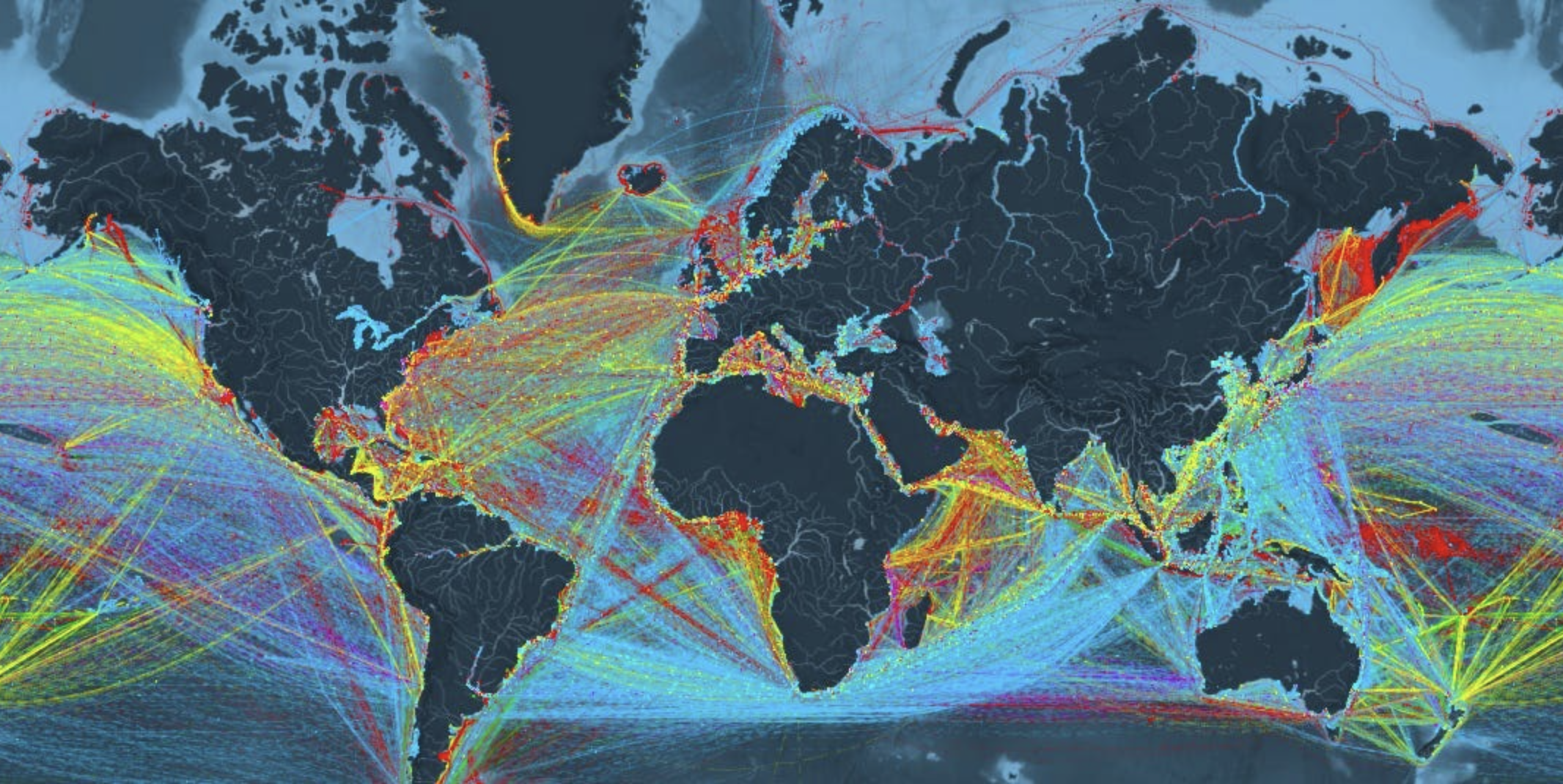
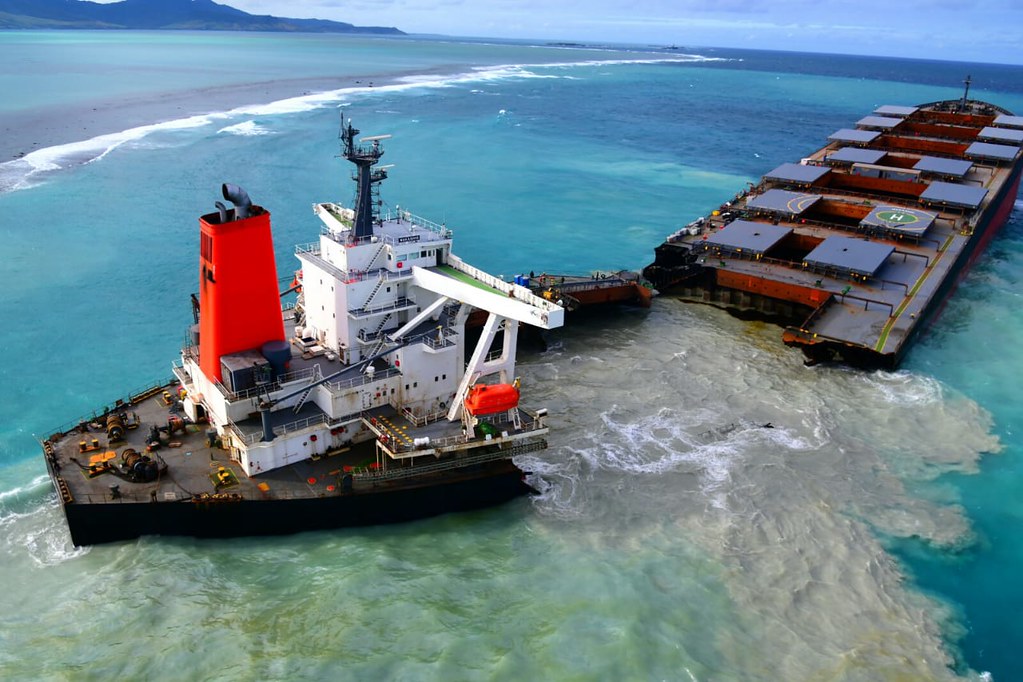

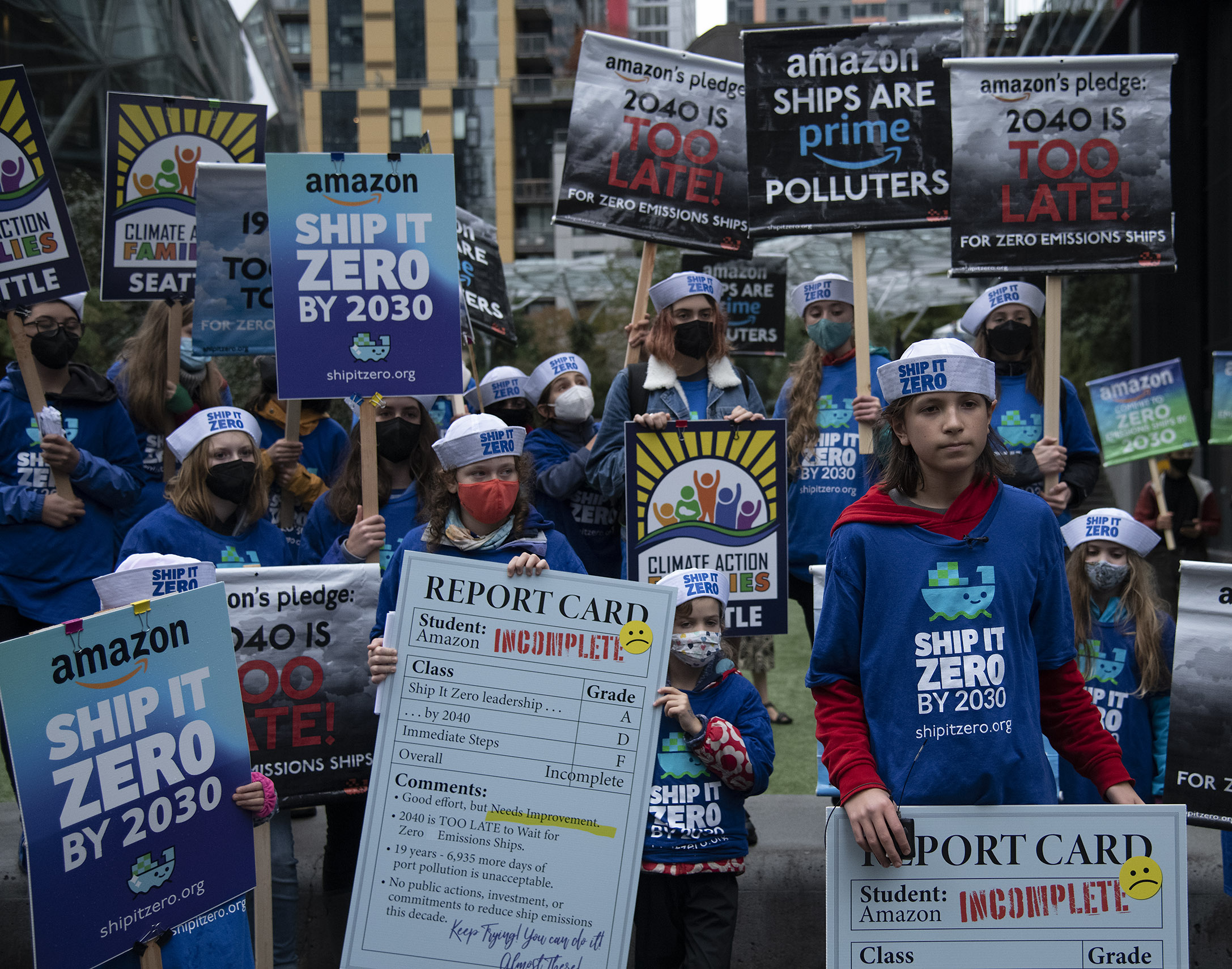
Our Demands

Ship It Zero is pressuring four of America’s largest retailers—Amazon, The Home Depot, IKEA, Target, and Walmart—to take the following actions:
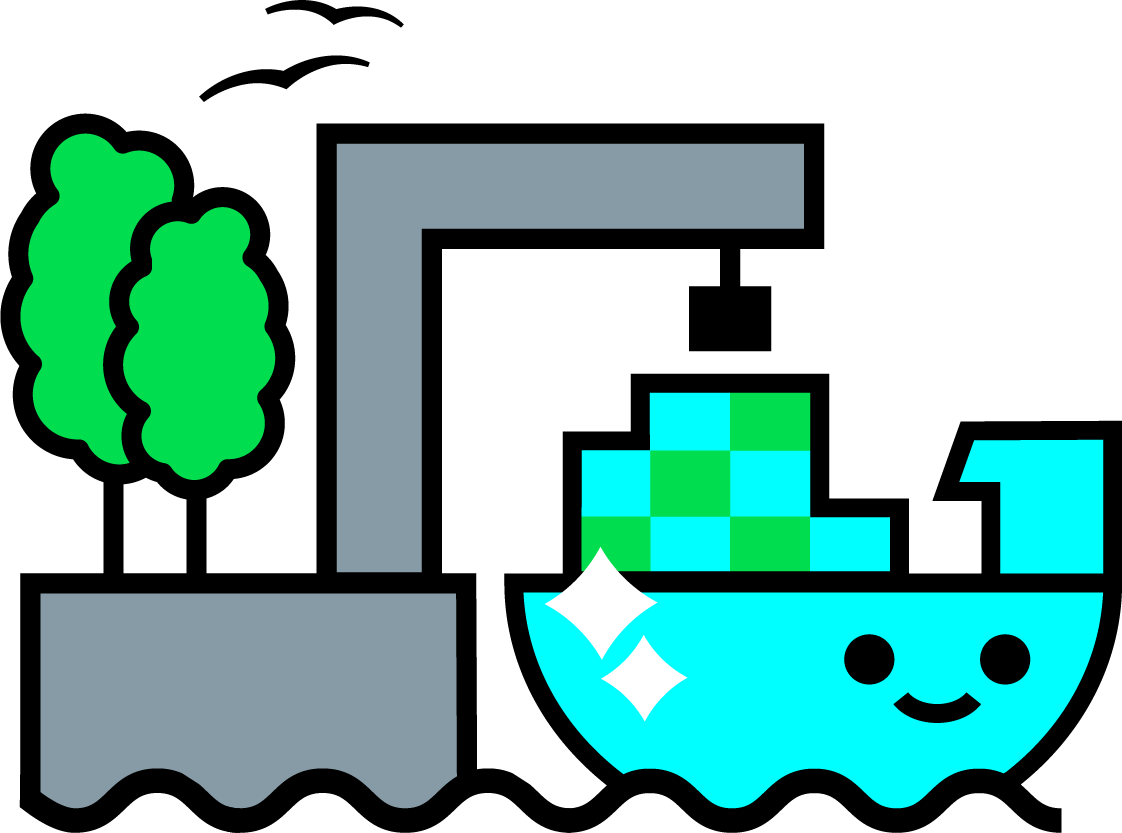
End Port Pollution Now
Put the health of our coastal and port neighbors first by requiring your cargo carriers to use clean energy and electrification in major ports and eliminate port pollution now.
Abandon Dirty Ships
Immediately shift products away from fossil-fueled ships by prioritizing routes and cargo carriers that are taking immediate steps to end emissions, and publicly reject false solutions like Liquified Natural Gas (LNG), carbon credits, and biofuels.
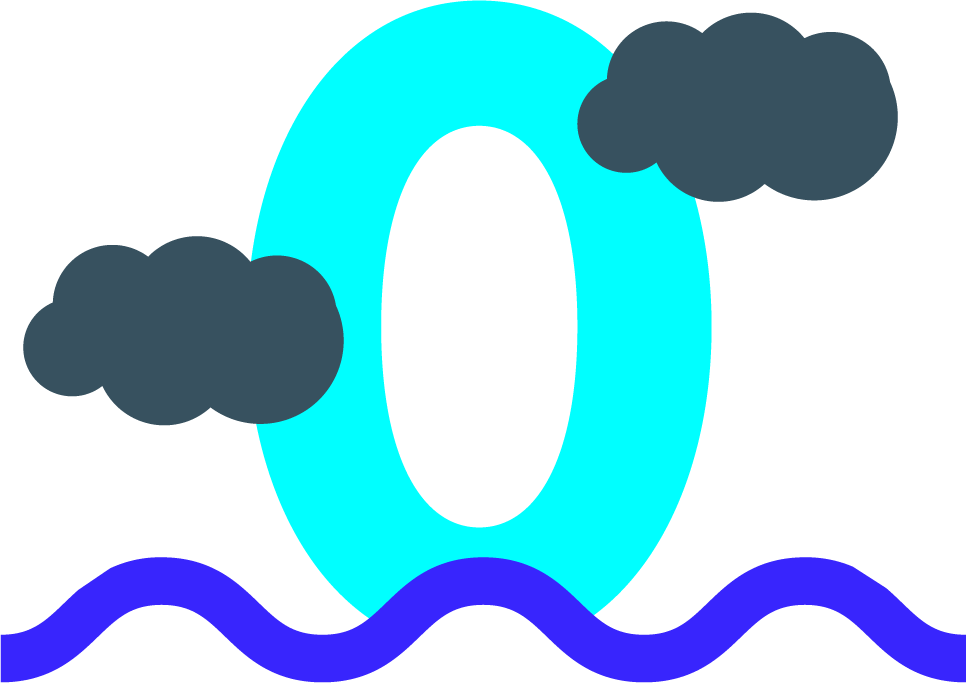
Put Zero at the Helm
Commit to 100% zero emission shipping by 2030, sign contracts now to ship your goods on the world’s first zero-emissions ships, and publicly disclose year-by-year plans for how you’ll reach this target.
Read more about ‘Our Demands’ here.
Read our latest updates.
Be part of the solution.

